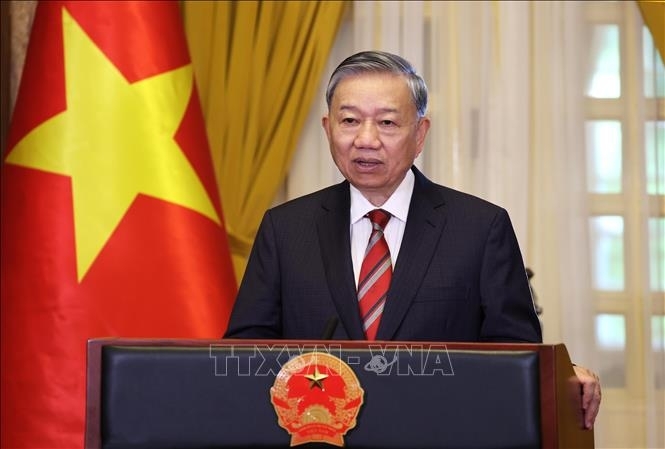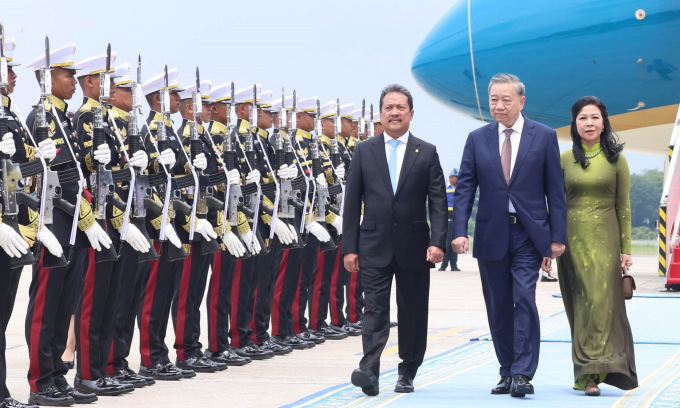Hamburg Airport Strike Leaves Passengers Stranded and Concerned
The Verdi strike at Hamburg Airport has disrupted travel for thousands, highlighting the urgent need for fair labor negotiations and passenger rights.
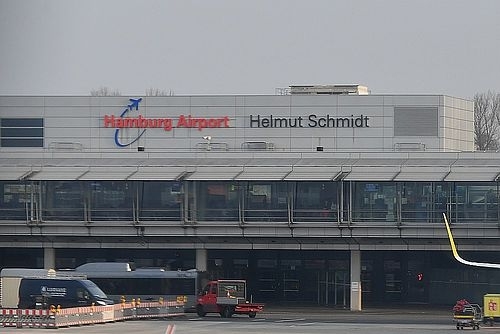
Key Points
- The Verdi strike at Hamburg Airport
resulted in nearly all flights being canceled, stranding thousands of passengers.
- The strike was driven by demands for salary increases for public service workers amid ongoing labor negotiations.
- Passengers experienced significant disruptions, underscoring the interconnectedness of fair labor practices and customer service in the aviation industry.
The events at Hamburg Airport over the last few days have drawn considerable attention not just from travelers, but also from industry insiders and the general public. A recent warning strike initiated by the Verdi union has led to the cancellation of nearly all flights, affecting tens of thousands of passengers. This situation has revealed layers of complexity related to labor negotiations, passenger rights, and operational challenges within the aviation sector.
On March 9, 2025, the airport was completely shut down due to a strike called by Verdi as part of ongoing disputes regarding wages in the public sector. Initially, there were plans for 144 arrivals and 139 departures for that day, which highlights the scale of the disruption. Regrettably, only a handful of flights managed to operate before all air traffic was halted.
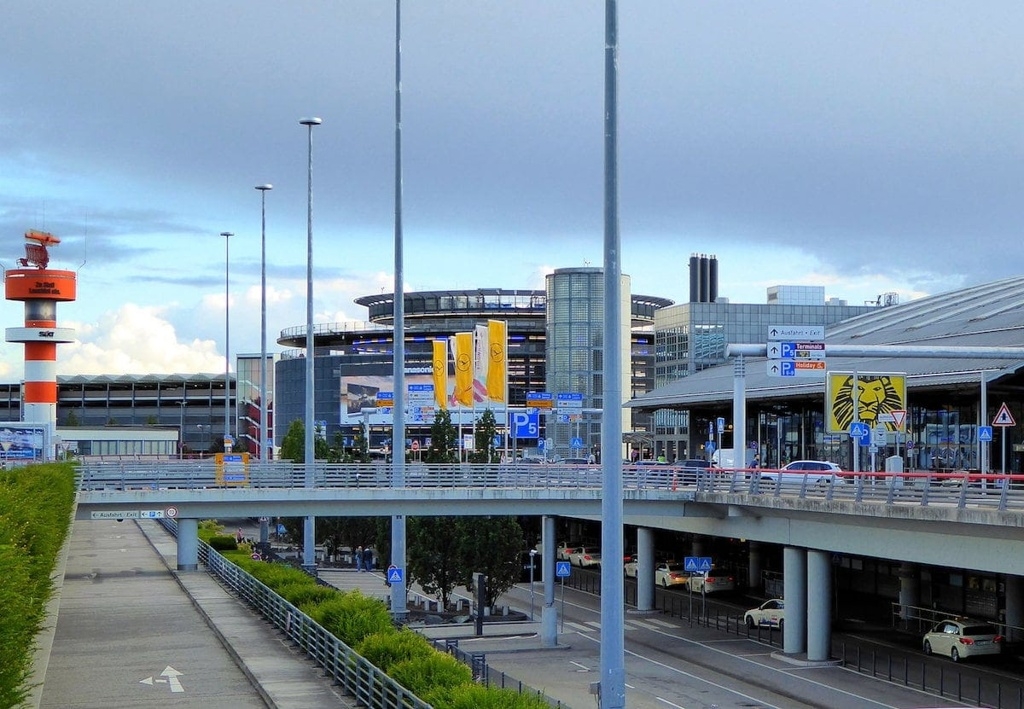
The Reasons Behind the Strike
The primary motivation for this strike stems from a protracted tariff conflict aimed at achieving salary increases for public service workers, specifically those involved in ground services at airports. Verdi is advocating for an increase of eight percent in salaries or a minimum of an additional 350 euros per month. These negotiations are not isolated to Hamburg; similar actions are affecting multiple major airports across Germany, including
,
, and
.
As Christine Behle, the deputy chair of Verdi, articulated, the decision to strike reflects a palpable frustration due to the lack of offers from employers in the ongoing negotiations. The union believes that without a significant display of their discontent, progress in negotiations will remain stagnant. While the inconvenience to travelers is acknowledged, the union asserts this is a crucial step towards achieving fair compensation for workers who contribute significantly to airport operations.

The Broader Implications for Passengers
The immediate effects of the strike are starkly clear. Thousands of passengers found themselves stranded, with flight cancellations leading to unforeseen disruptions in travel plans. Travel stress is heightened when unexpected events like these occur, especially for those with connecting flights or urgent travel needs. The airport authorities described the union’s actions as "reckless", emphasizing the detrimental impact on travelers who are not part of the labor dispute. This criticism brings up important discussions about the balance between worker rights and passenger rights.
Travelers are advised to remain informed during such crises. Many airlines have extended their customer service hours and are actively working with affected passengers to rebook flights or provide alternate travel arrangements. However, the emotional and physical toll on those impacted remains significant, leading to long waits and uncertainty in travel plans.
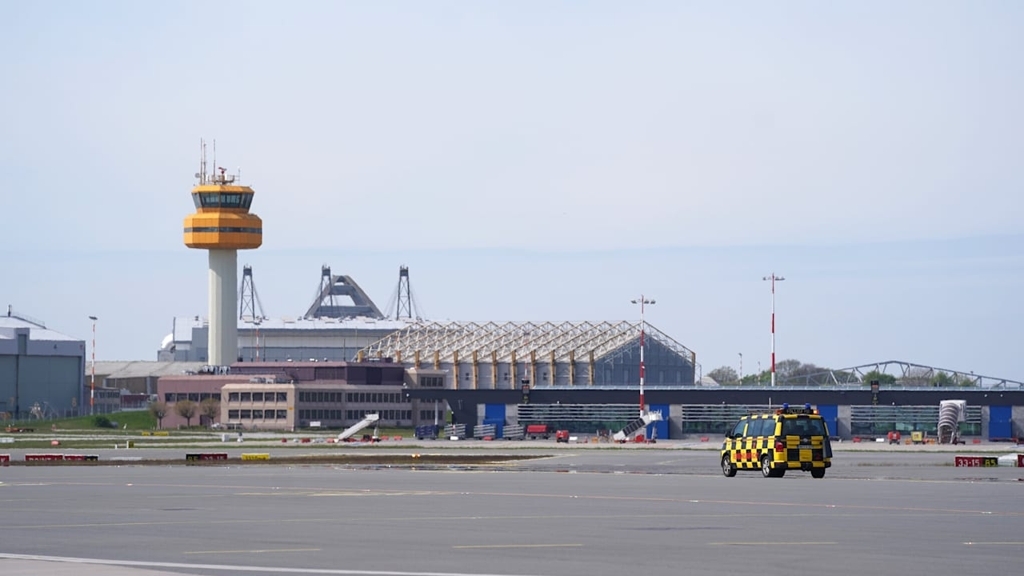
Looking Forward: The Way Ahead
As the situation unfolds, it illustrates a larger narrative about the importance of fair labor practices in one of the most essential services: air travel. Employers and unions must find a pathway to negotiate terms that reflect the hard work of airport personnel while also considering the needs of travelers. This delicate balance is crucial, especially in an industry still recovering from the impact of the global pandemic.
As travelers, it is also beneficial to understand the dynamics at play. Advocacy for fair wages for airport staff does not diminish the importance of customer experience but rather highlights how interlinked these sectors are. Strikes like the one at Hamburg Airport should serve as reminders of the foundations of our travel system and the individuals behind them.
Ultimately, ongoing dialogues between unions and employers are essential for maintaining operational integrity and ensuring that passenger rights are protected. Keeping abreast of developments, accepting the realities of labor negotiations, and advocating for equitable solutions will benefit all stakeholders in the long run.

